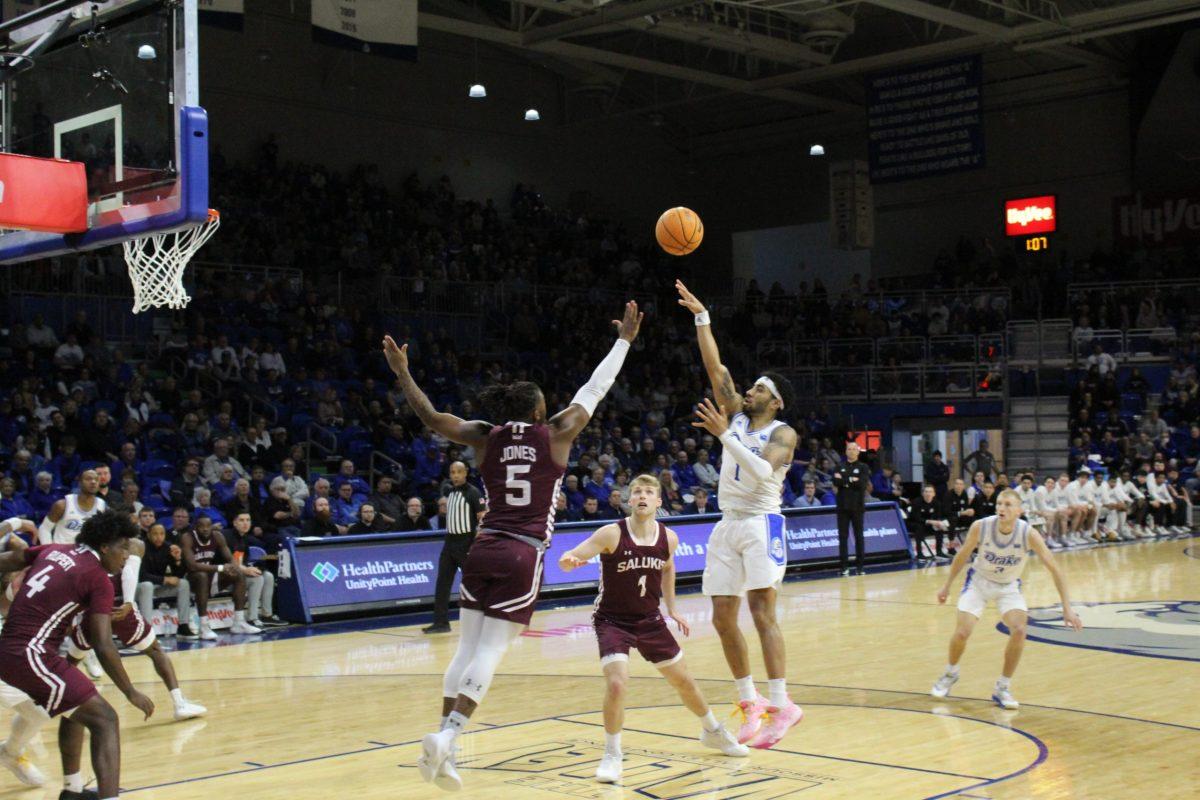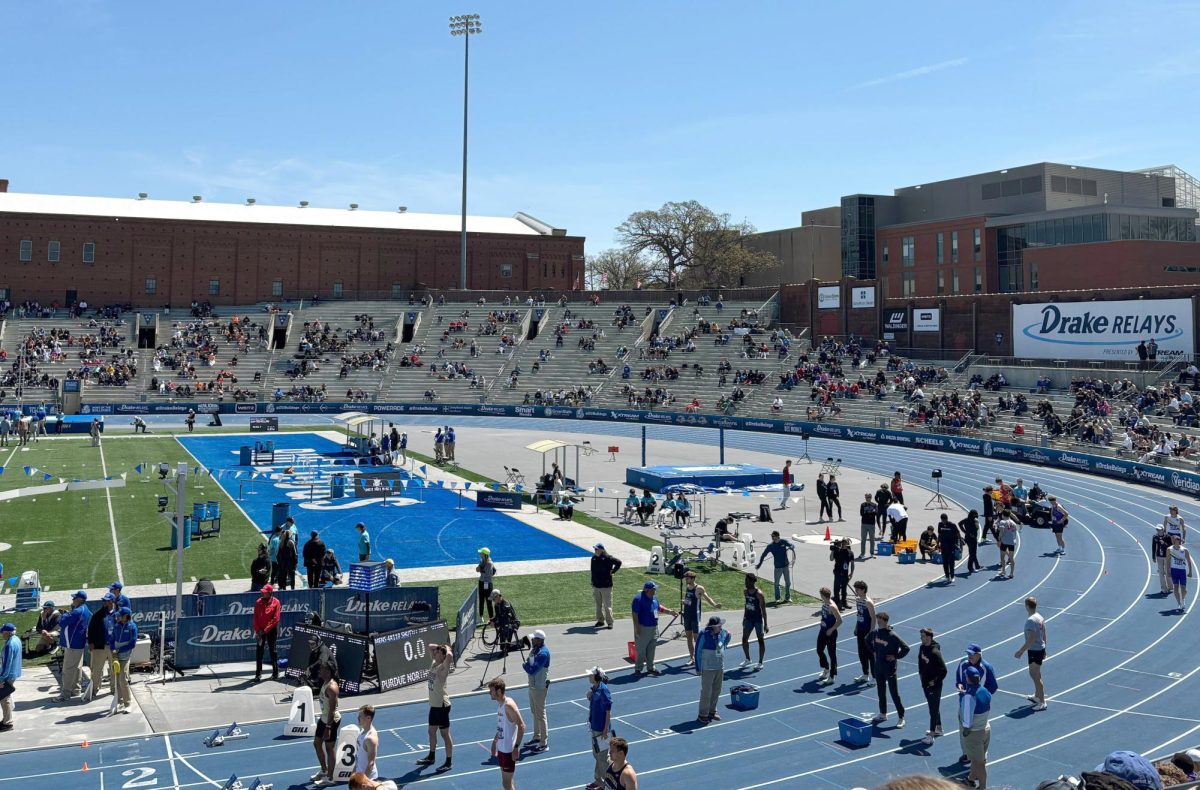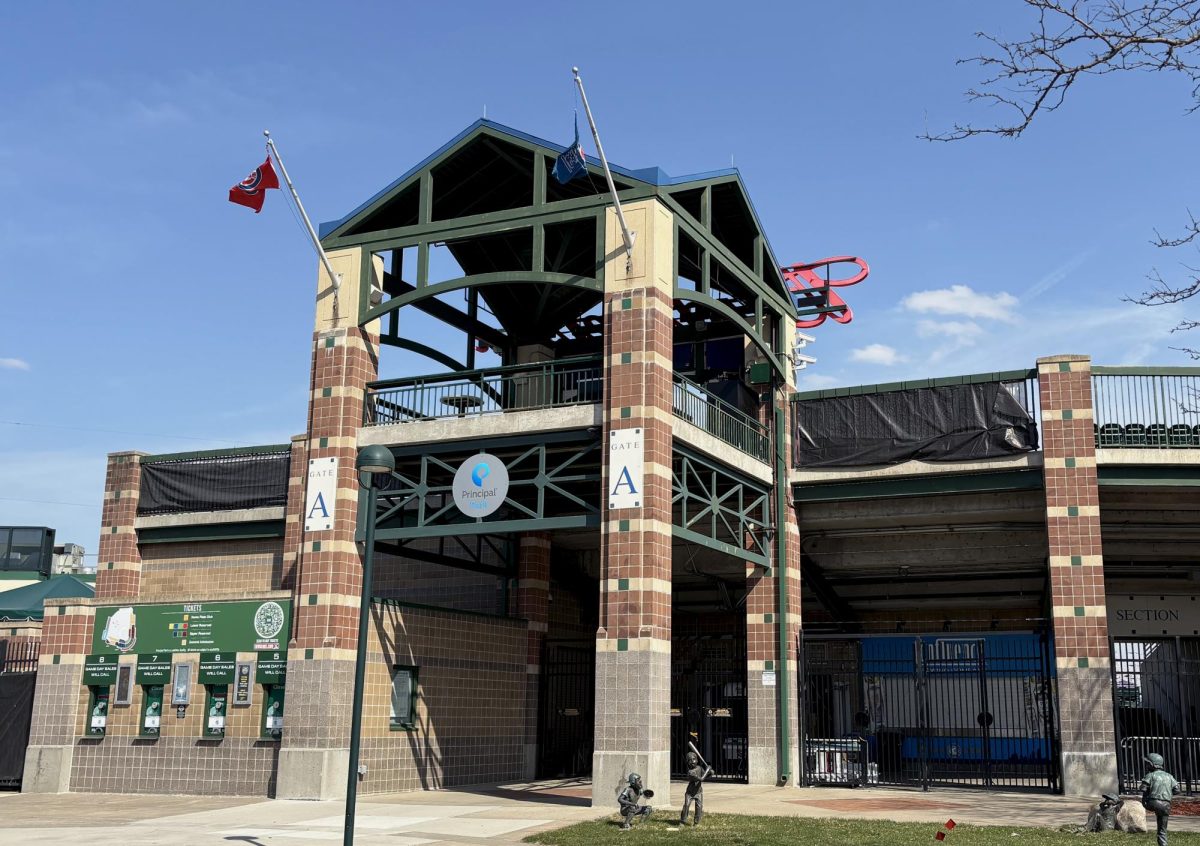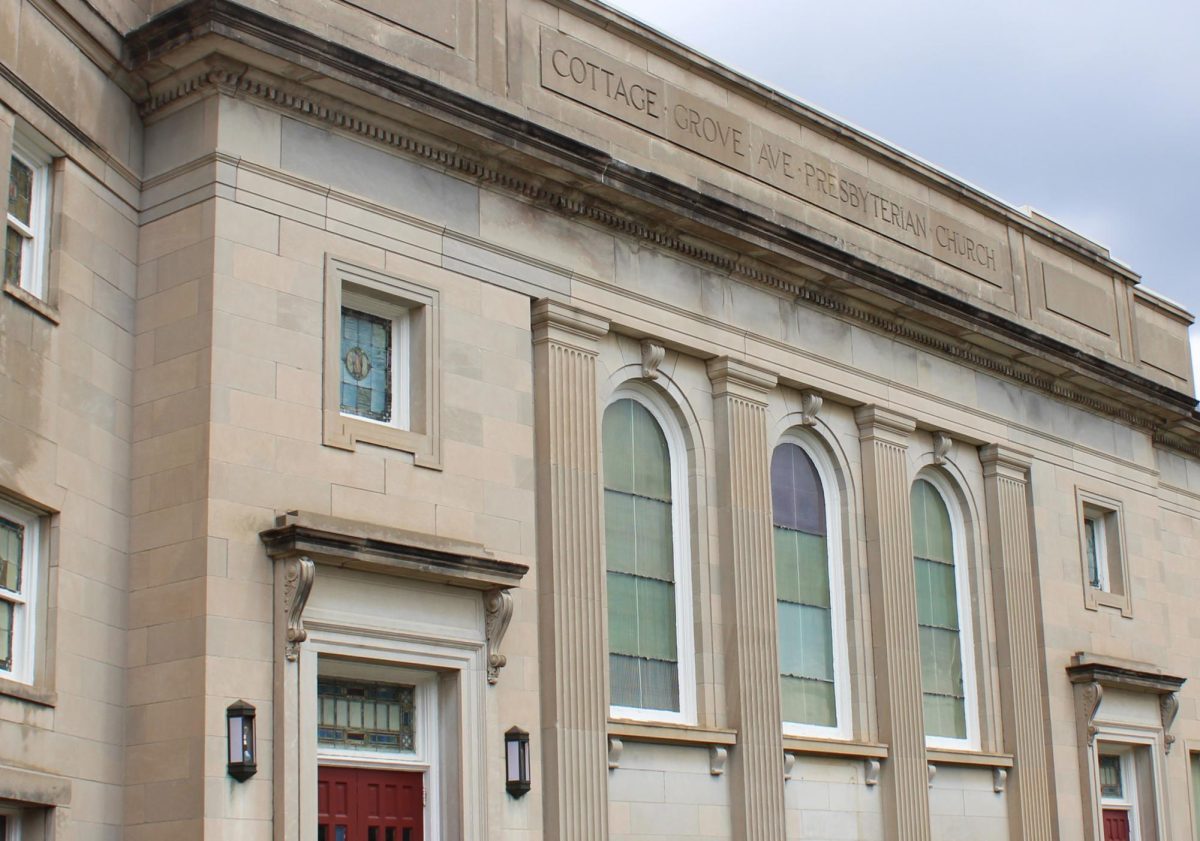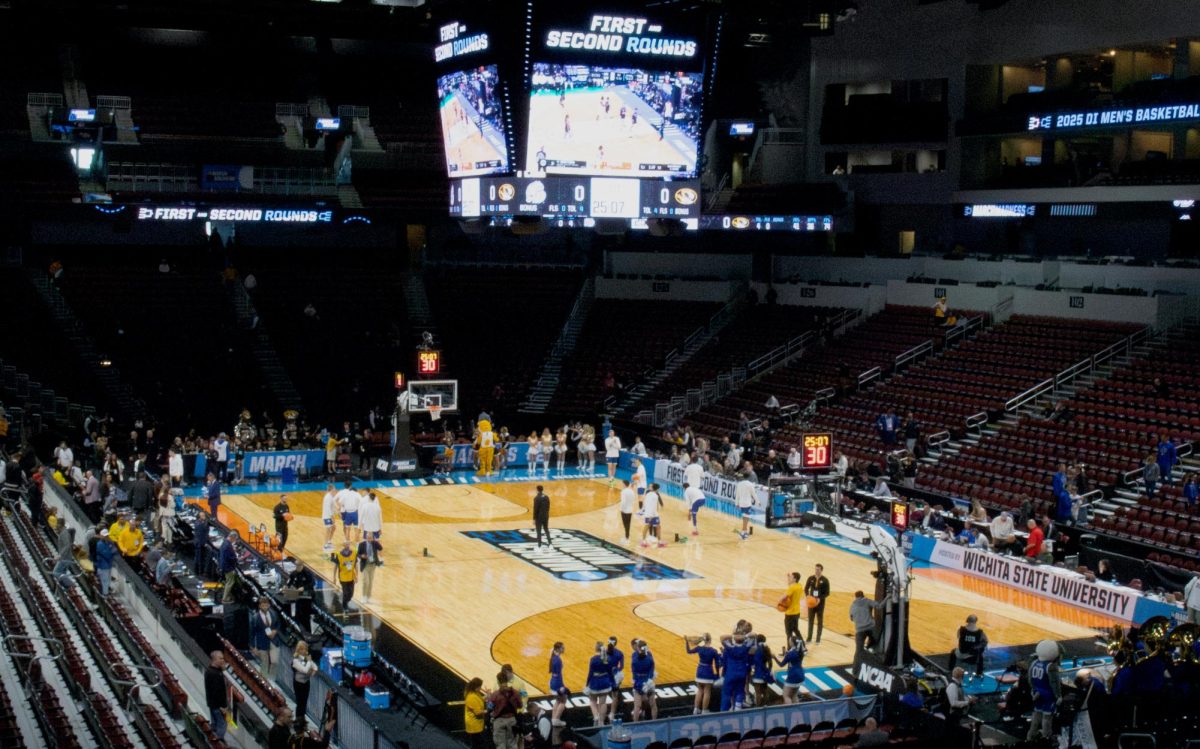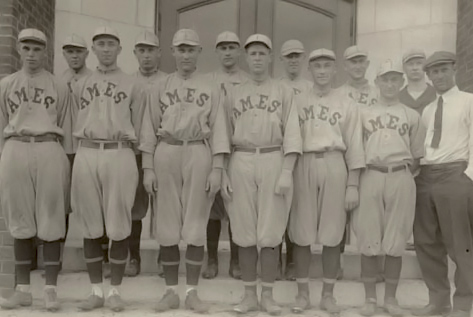Duke University’s semifinal loss to rival North Carolina at last year’s men’s Final Four was coach Mike Krzyzewski’s final game in his 42-year Hall of Fame career. But under different circumstances, Coach K would have had the opportunity to add to his record 101 NCAA Tournament wins, most in NCAA history.
The Duke Blue Devils and Villanova Wildcats, losers to eventual champion Kansas, would have played another game if the tournament still included a consolation game.
A consolation, or third-place game, was played at the national finals from 1946 to 1981 when Virginia defeated LSU at the Spectrum in Philadelphia. The tournament included only two regionals, East and West, when it was first staged in 1939, with the West holding a third-place game. The East followed two years later and from then on every regional had a third-place game through the 1975 tournament.
Consolation games are favored by some and criticized by others who believe they serve little purpose and lack interest. Supporters feel the game allows teams to play one more time after having invested so much effort and money in the quest for a championship. It also provides the opportunity for semifinalists and their supporters to salvage some competitive pride.
I believe there would be great interest in a consolation game, in view of the quality of men’s and women’s basketball today. More fans of the semifinal-losing teams would remain for the title game. The host city would realize greater revenue and visibility. The TV audience for the first game of the Final Four championship broadcast, in all likelihood a highly competitive game between two semifinal losers, would exceed the level of the National Invitation Tournament (NIT) and the College Basketball Invitational.
David Worlock, director of media coordination and statistics at the NCAA, says that in his more than 21 years with the organization, including nearly 17 years of involvement with the men’s basketball championship, he has “never heard anyone from the Division I Men’s and Women’s Basketball Committees, a school or conference administrator or a coach, suggest that the consolation game be introduced at the Final Four or at the regional round.”
If someone raises the idea of reintroducing a consolation game and it receives any momentum, Worlock said he is “sure it would be considered, but I’m afraid the interest level in doing this has been nonexistent.”
Jesse Evans, former nine-year assistant coach at the University of Arizona, including the 1995 national championship team, says he “would not want to play a second game if I were there.”
Evans suggested reaching out to the National Association of Basketball Coaches to propose a poll of member coaches. However, Evans believes that because coaches “put so much into winning the championship, there would be little interest in a third-place game.”
Evans acknowledged the recent changes in intercollegiate athletics including name, image and likeness arrangements for student-athletes and major conference reconfigurations. The NCAA Division 1 Board of Directors recently approved a recommendation from the D-1 Transformation Committee to expand the March Madness basketball tournaments from 68 to as many as 90 teams. If changes are to come, let’s make a consolation game part of the package.
Expansion at some level will likely occur before the 2028 Men’s Final Four in Las Vegas, which has hosted such basketball tournaments as the Mountain West, Pac-12, Big West, West Coast Conference and Western Athletic Conference. This year, the city will also serve as host to the NCAA Division 1 Men’s Basketball West Regional and the NIT.
Crowd estimates are not available yet, but Final Four tournaments in other host cities have attracted approximately 93,000 attendees who generated an estimated $185 million in direct spending. The Las Vegas NCAA Final Four bid team expects Las Vegas to surpass those figures. Estimates are also not yet available on the number of bed nights local properties will sell. However, the bid team is confident the event here will match if not exceed the event in other cities. Adding a third-place game would increase those bed nights for fans of the competing teams looking for an excuse to stay an extra night or two. This is especially true for those fans who travel from the still-frozen tundra of the upper Midwest.
Sure, it’s not gold, but no one balks at a bronze medal in the Olympics. Why not play a third-place game in the NCAA Division 1 basketball tournaments, benefiting players, fans and host cities alike.
J. Paul Blake is a retired public relations expert who previously directed public relations for multiple colleges and universities that compete in Division I of the NCAA. A lifelong college basketball fan, he attended his first NCAA Final Four in 1969.

